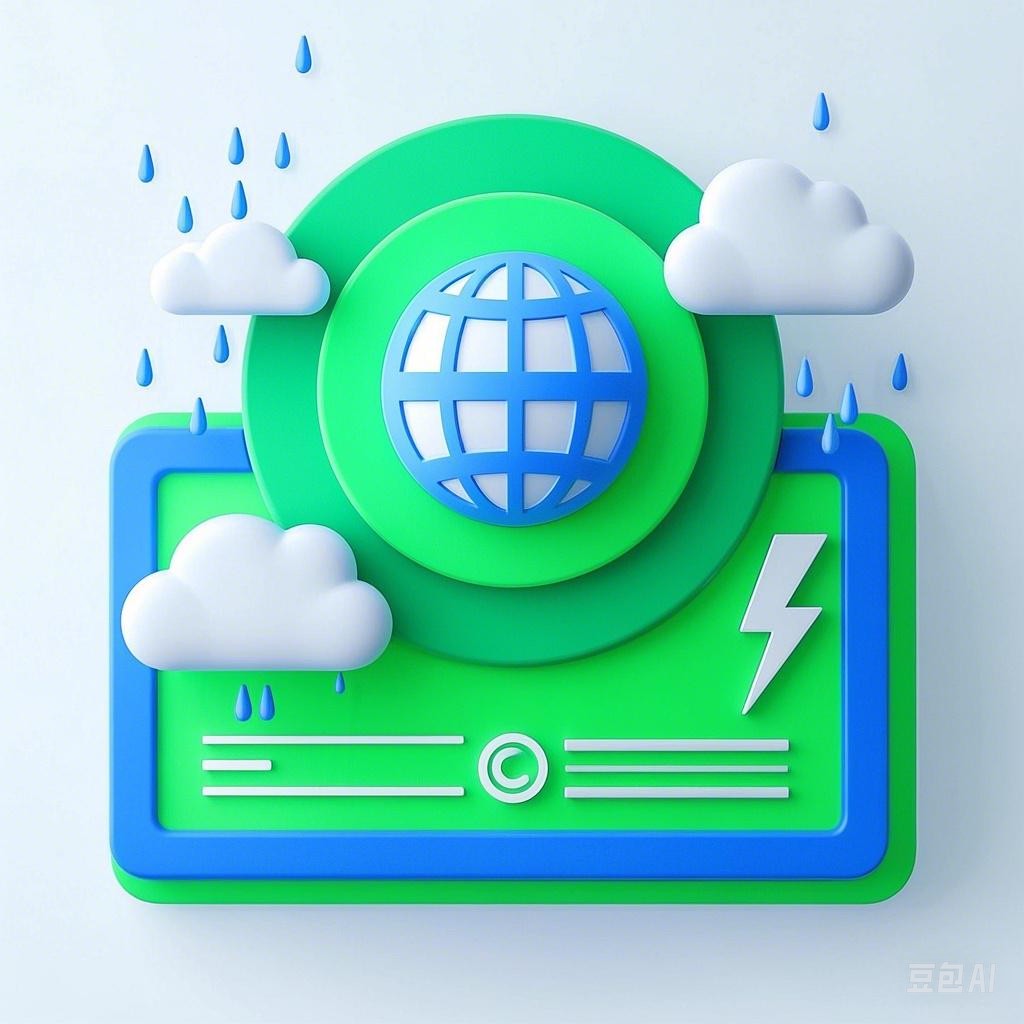Introduction
The ocean, a vast and intricate ecosystem, plays a crucial role in sustaining life on Earth. However, it is also prone to various disasters that pose significant threats to human life, property, and the environment. This article aims to delve into the hidden dangers of common ocean disasters, shedding light on their causes, impacts, and potential mitigation strategies.
Tsunamis: Nature’s Megawave
Causes
Tsunamis are typically caused by underwater disturbances, such as earthquakes, volcanic eruptions, or landslides. When these disturbances occur, they displace a large volume of water, generating powerful waves that can travel across the ocean at high speeds.
Impacts
Tsunamis can cause widespread destruction, including flooding, property damage, and loss of life. In 2004, the Indian Ocean tsunami, triggered by an underwater earthquake, resulted in over 230,000 deaths and left millions homeless.
Mitigation Strategies
- Early Warning Systems: Implementing tsunami warning systems that detect underwater disturbances and alert coastal communities can significantly reduce loss of life.
- Land Use Planning: Avoiding the construction of residential areas in high-risk zones can minimize property damage.
Storm Surges: The Rising Tide
Causes
Storm surges are abnormal rises in sea level caused by strong winds and low atmospheric pressure. They are often associated with hurricanes, typhoons, and cyclones.
Impacts
Storm surges can lead to coastal flooding, erosion, and damage to infrastructure. The 2005 Hurricane Katrina, for instance, caused extensive damage to New Orleans, Louisiana, due to a catastrophic storm surge.
Mitigation Strategies
- Coastal Protection Measures: Constructing seawalls, dunes, and other coastal protection structures can help mitigate storm surge impacts.
- Community Awareness: Educating coastal residents about storm surge risks and evacuation procedures is crucial for minimizing loss of life.
Ecosystem Disasters: The Silent Tsunami
Causes
Ecosystem disasters, such as oil spills and coral bleaching, can have devastating effects on marine life and human activities dependent on the ocean.
Impacts
Oil spills can lead to long-term damage to marine ecosystems, including the death of marine organisms and contamination of coastal waters. Coral bleaching, caused by rising ocean temperatures, results in the loss of coral reefs, which are vital habitats for numerous species.
Mitigation Strategies
- Oil Spill Response Plans: Implementing effective oil spill response plans can minimize environmental damage.
- Climate Change Mitigation: Reducing greenhouse gas emissions can help combat coral bleaching and other ecosystem-related disasters.
Conclusion
The ocean’s beauty and complexity are matched by the hidden dangers it poses. By understanding the causes, impacts, and mitigation strategies for common ocean disasters, we can work towards a more resilient and sustainable future. It is essential for governments, organizations, and individuals to collaborate in protecting this invaluable resource.
